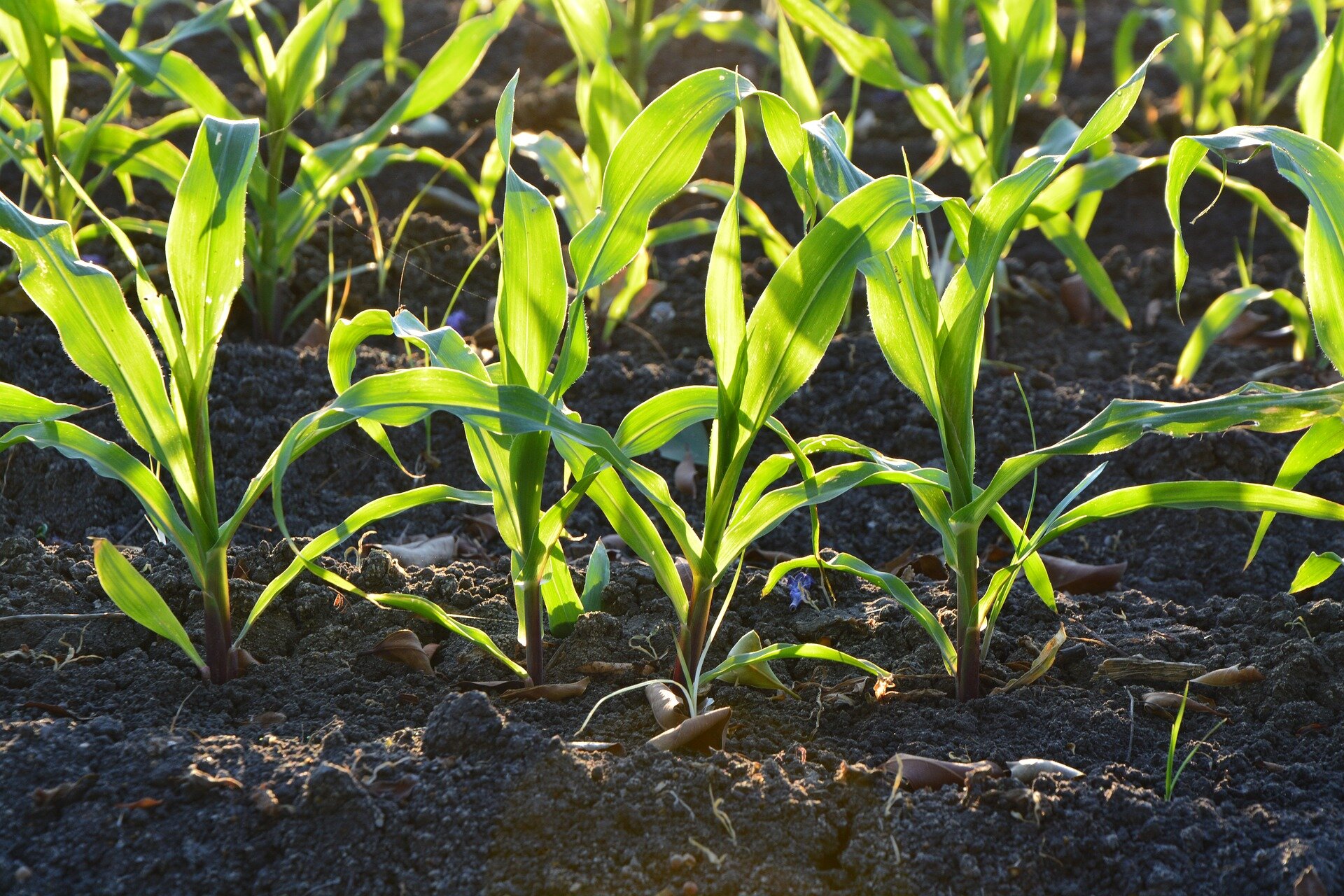Click here to sign in with or
Forget Password?
Learn more
share this!
26
3
Share
Email
December 1, 2021
by Zhang Nannan, Chinese Academy of Sciences
The rhizosphere is the narrow region where plant roots and the soil interact vigorously and intensive microbial metabolism occurs. The properties of rhizosphere soil are usually different from that of non-rhizosphere soil. This is called rhizosphere effects (REs).
The decomposition of rhizospheric soil organic carbon (SOC) plays an important role in driving carbon cycling in forest ecosystems. However, how rhizospheric SOC decomposition responds to simulated global warming, is rarely understood.
A research team led by Prof. Wang Qingkui from the Institute of Applied Ecology (IAE) of the Chinese Academy of Sciences recently conducted a laboratory incubation experiment to examine the rhizosphere effects of Cunninghamia lanceolata (i.e., China fir) and its understory ferns on the temperature sensitivity (expressed as Q10) of SOC decomposition.
The researchers found all plant species they tested had positive rhizosphere effects on Q10 of SOC decomposition. And the positive REs on Q10 could be attributed to the high rhizospheric nitrogen availability and the high microbial activity (i.e., positive REs on nitrogen components, microbial biomass and microbial residues).
This study shows that the decomposition of rhizospheric soil organic carbon is more sensitive to climate warming than the decomposition of SOC in the bulk soil, which highlights the need for discriminating between the rhizospheric and non-rhizospheric soil when predicting the feedback of SOC pool to future climate changes.
The study, titled “Cunninghamia lanceolataand understory ferns had positive rhizosphere effects on the temperature sensitivity of soil microbial respiration in a subtropical forest,” has been published in Geoderma.
Explore further
Explore further
Facebook
Twitter
Email
Feedback to editors
13 hours ago
0
14 hours ago
0
14 hours ago
0
15 hours ago
0
Nov 30, 2021
0
8 hours ago
8 hours ago
8 hours ago
8 hours ago
8 hours ago
11 hours ago
11 hours ago
Sep 25, 2021
Sep 24, 2021
Sep 24, 2021
Sep 23, 2021
Sep 19, 2021
Sep 16, 2021
More from Earth Sciences
Jul 22, 2021
Dec 28, 2020
Mar 03, 2021
Oct 13, 2021
May 19, 2021
Oct 26, 2021
8 hours ago
13 hours ago
12 hours ago
14 hours ago
Nov 30, 2021
Nov 30, 2021
Use this form if you have come across a typo, inaccuracy or would like to send an edit request for the content on this page. For general inquiries, please use our contact form. For general feedback, use the public comments section below (please adhere to guidelines).
Please select the most appropriate category to facilitate processing of your request
Thank you for taking time to provide your feedback to the editors.
Your feedback is important to us. However, we do not guarantee individual replies due to the high volume of messages.
Your email address is used only to let the recipient know who sent the email. Neither your address nor the recipient’s address will be used for any other purpose. The information you enter will appear in your e-mail message and is not retained by Phys.org in any form.
Get weekly and/or daily updates delivered to your inbox. You can unsubscribe at any time and we’ll never share your details to third parties.
More information Privacy policy
Medical research advances and health news
The latest engineering, electronics and technology advances
The most comprehensive sci-tech news coverage on the web
This site uses cookies to assist with navigation, analyse your use of our services, collect data for ads personalisation and provide content from third parties. By using our site, you acknowledge that you have read and understand our Privacy Policy and Terms of Use.



